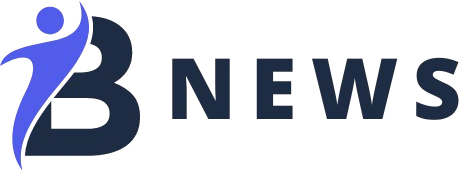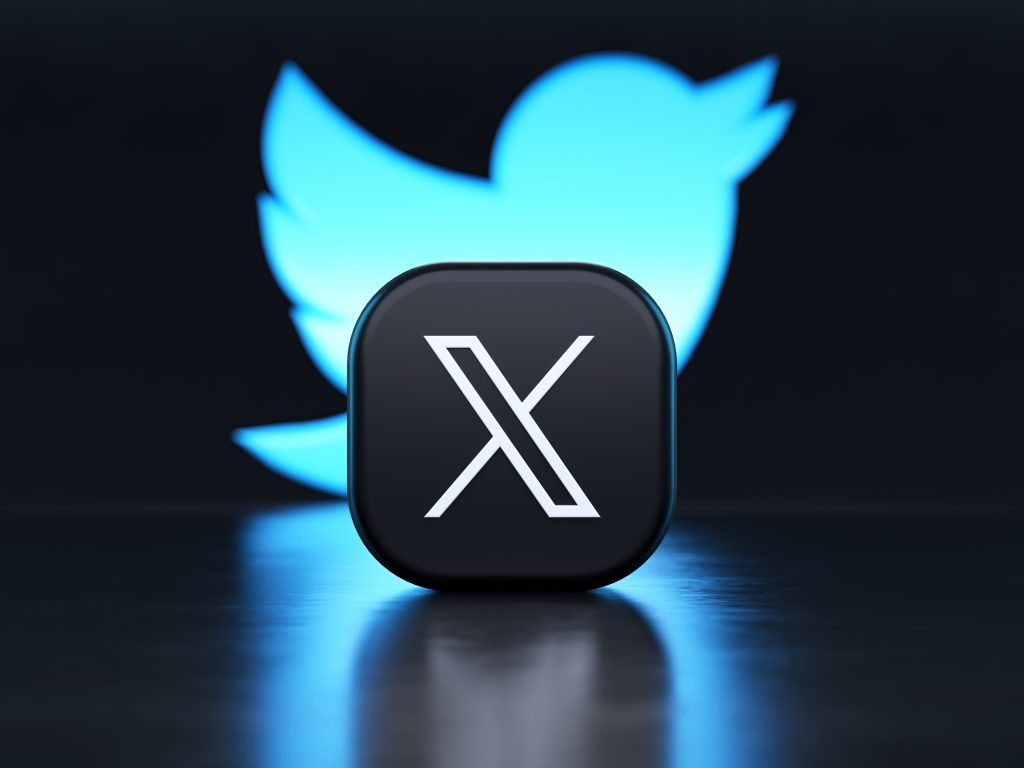An Australian tribunal has issued a ruling requiring Elon Musk’s social media platform X – once known as Twitter – to pay a hefty fine of A$418,000. The fine is due to X’s failure to comply with a proclamation by Australia’s eSafety Commissioner concerning allegations of child abuse on the platform. The ruling comes amid an ongoing dispute between X and Australian authorities and underscores the importance of enforcing online safety regulations.
background of that feud
The eSafety Commissioner, Australia’s top online safety watchdog, plays a key role in ensuring digital platforms maintain a safe environment for all users, especially children. In making his ruling, the Commissioner requested testimony from X about its efforts to combat the spread of child abuse content on the platform. The request was part of a broader effort by Australian regulators to monitor illegal and destructive activity on social media platforms.
X was able to respond to the appeal in full and imposed a fine of $418,000. The firm, which was founded by Elon Musk after a highly publicized acquisition and rebranding of Twitter, decided to appeal the fine, arguing that the fine was unreasonable in light of the company’s restructuring, which meant that its regulatory obligations had become redundant.
Despite these arguments, the Australian court upheld the fine and emphasised the need for social media platforms to remain committed to complying with regulatory requirements on their own initiative, whether through their ownership structure or corporate restructuring.
The Court’s decision and its recommendations
The court’s decision to uphold the fine against X contains important recommendations on how to operate outside the company under local laws and controls. While rejecting X’s argument that the corporate restructuring relieves the company of previous obligations, the court emphasized that the administrative obligations are inherent in the company itself, not just in the property. This ruling is essential because it deters the company from using mergers, acquisitions or corporate restructurings as an escape clause to circumvent its legal obligations.
eSafety Commissioner Julie Grant commented that X’s approval of the measure would set a dangerous precedent for fraud, as it may give other digital companies the opportunity to restructure to circumvent their regulatory obligations. She noted that this would cause serious problems for digital safety enforcement, not just in Australia but globally. The report reiterates the importance of maintaining accountability in corporate restructuring, particularly when it comes to protecting vulnerable groups such as children from harm.
Constant legal disputes and compliance problems
The fine is not enough to solve X’s problems down under. In addition to maintaining the fine, legal proceedings have been initiated regarding the offence following the appeal by the eSafety Commissioner. Depending on the response, they could lead to preliminary disciplinary action or legal action…perhaps the platform is closed.
This rubbish is not the first time Elon Musk’s X has clashed with Australian authorities. The platform has already been mired in controversy for refusing to remove certain content deemed disproportionate or harmful by Australian regulators. One notable incident was X’s refusal to remove content involving an incident of sexual harassment that the eSafety Commissioner deemed harmful and inappropriate for online communities.
X defended itself by arguing that no single country should regulate what content is available worldwide, particularly given the platform’s global reach. This position reflects the complex balancing act that social media companies must perform in respecting local laws and maintaining an effective global content regulation strategy.
Elon Musk’s drug control policy
Under Elon Musk’s leadership, X has seen significant changes, including a change in drug control policy. Musk has reiterated the importance of free speech on the platform, which has drawn backlash from those who say highlighting unregulated drugs increases the risk of spreading destructive substances. Musk’s “free speech” approach has made it difficult for X to explore the political scenarios of different countries, especially when it comes to issues such as child safety and drugs viewed as hostile or harmful.
The court’s ruling in the fifth continent shows that platforms, despite Musk’s views on free speech, must continue to adhere to local controls put in place to protect people, especially children, from harm. The argument could be that platforms are entering into free speech but are in some cases relieved of the obligations that come with providing a safe online space.
The defeat of the eSafety Commissioner
The Australian eSafety Commissioner was established to protect online safety and tackle online abuse, bullying and harmful substances. One of the Commissioner’s key concerns is child protection. It is designed to ensure that platforms take active measures to reduce the spread of child abuse content and respond promptly to reports of such content.
the eSafety Commissioner has the responsibility to impose fines, initiate criminal proceedings and require platforms to change their standards to recognise substance safety. The Australian government has historically taken a tough stance on e-safety, and the case around X is part of a wider operation to ensure international technology companies align their standards with Australian law.
The Importance of Legal Compliance in the Digital Eternity
The fall of X underscores the growing pressure among large technology companies and national regulators to enforce legal regulations. Social media platforms have long operated in a grey area where their global environment has allowed them to circumvent certain local regulatory requirements. As the importance of the platforms increases, countries like Australia are increasingly unwilling to allow these types of inconsistencies.
Germany is not the only country seeking greater accountability from tech giants. The European Union, for example, has pushed ahead with its Digital Services Act (DSA) and the General Data Protection Regulation (GDPR), both of which impose strict requirements on tech companies operating within their jurisdiction. In fact, the United States has also begun to legitimize stricter controls to ensure that social media platforms take their accountability seriously, especially on content that could harm children.
In this context, the Australian court’s decision to uphold the fine serves as an important reminder to tech companies that they are shirking their obligations to corporate governance. Regulatory compliance requirements are becoming increasingly stringent, and platforms that do not comply may face severe fines, not just in terms of money, but also in terms of popularity.
An Appeal for Conscious Innovation
Elon Musk’s X, like many other social media platforms, plays an important role in creating an open conversation and providing people with a space to share, communicate and exchange information. But with that influence comes a responsibility to ensure that the platform also becomes a safe haven for hurtful content, especially content that includes child abuse.
The Australian court’s action should be seen as a request to the Court of Justice to return to its approach to compliance and child protection. While innovation is essential in the technology industry, it must comply with the obligation to protect consumers. Innovations should transform lives and destroy positive relationships, but without effective safeguards, they can also lead to bleeding.


